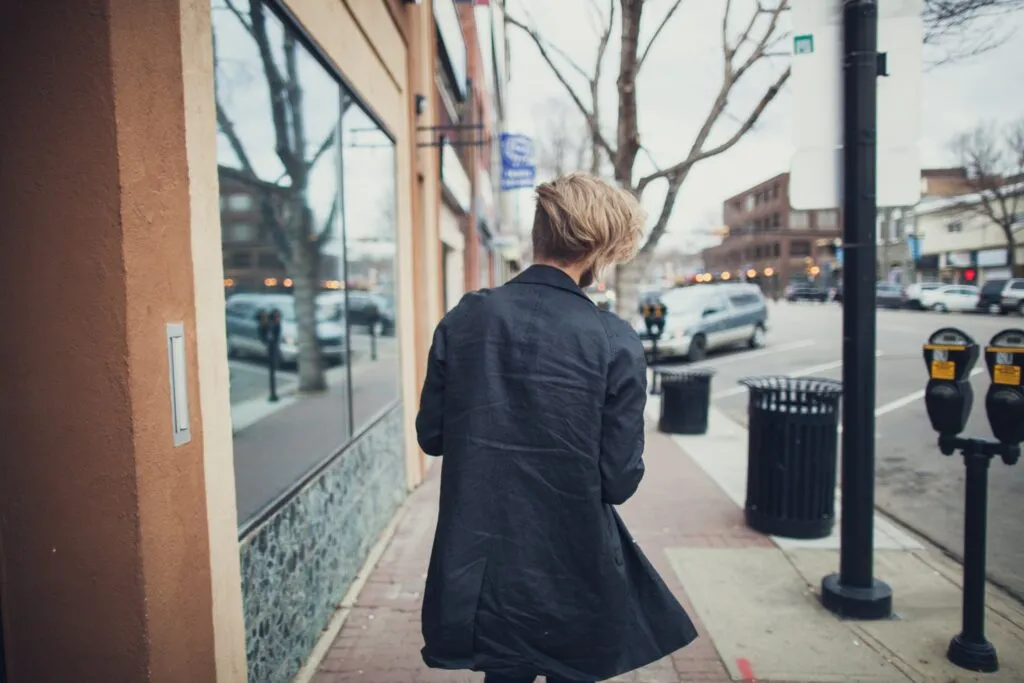Grief Work Leads
To New Hello's
Jun 2, 2018 | By: Hope for the Journey

“Every meeting led to a parting, and so it would, as long as life was mortal. In every meeting there was some of the sorrow of parting, but in everything parting there was some of the joy of meeting as well.”
Clockwork Princess
Saying Goodbye Means Addressing Grief
Learning to say good bye can be one of the hardest things to do in life. Many people skip it entirely. They just check out and go through the motions or simply disappear without another word. I think this is because when you say good bye, you are forced to process so many feelings at once. Even small good byes take you through a mini grieving process.
Denial:
The school year can’t possibly be over. I’m not ready to be an adult!
Anger:
This isn’t fair! I should have had more time to get my stuff in!
Bartering:
If only I had put more effort into my homework, maybe I would be more ready to start being an adult.
Depression:
Maybe I should just call in and take a sick day. They won’t miss me anyways.
Acceptance:
It is what it is. School’s over and now I have rent to pay. At least that guy/girl down the hall is cute.
Grief Often Triggers Avoidance
It makes sense that so many people want to skip over the good bye. Maybe if I skip the good bye, it won’t be real. Of course, none of this ever works. Avoiding and numbing our feelings is like putting all your trash in the basement. If it’s cold out when you start, maybe you luck out for a few months, but eventually you will have bigger problems on your hands…bugs, the stink, rotten foods decomposing at various rates, varmints. It’s much better to take care of it one bag at a time.
Still, there is a certain discipline and strength required to saying goodbye that some of us don’t have. The more significant the relationship to you, the more “trash”-or grief-you will have to manage. Think really heavy, wet, stinky trash that requires multiple trips to the curb. You might even need extra help to get it there. This is what it is like to grieve. It is raw and hard and, to me, one of the most cleansing things we can do for ourselves.
Grief Looks Different For Different People
Sometimes, our grief catches us by surprise. Sometimes, we find ourselves in a grieving process when we “shouldn’t”. Maybe we think we should be over it by now. Maybe we didn’t realize the relationship we are losing was so significant. Maybe that relationship is triggering other, more primal relationships or other unresolved grief. When this happens, it can interfere with the grieving process because we deny ourselves the opportunity to grieve. This is sometimes what is happening when we cannot properly say good bye.
Grief Work Takes Patience
Grief is a process that takes time. If we go back to our trash analogy, if you try to rush taking out really nasty trash, the bag can split and make a bigger mess. Or you might pull out your back. All of a sudden what was “supposed to” be a 5-minute chore is something much, much more. Denying or minimizing grief can cause long-term, even permanent damage, too. You might become depressed, struggle with anxiety, start having problems at school or work, or your body might start to break down. It can be easy to become angry and try to find blame…or to become overwhelmed and want to give up.
When our grief is stronger than we expected–when we say good bye and it threatens to overwhelm us–it takes even more disclipline and strength to face it head on. It takes being brutally, but gently honest with ourselves. It might involve asking for help. It almost always involves making the choice to do the thing we most want to avoid.
The Other Side of Grief Are New Beginnings
So, to those of you who are struggling to say good bye, know that you are not alone. Know that your courage will pay off in the end. Dig deep to find that inner strength that is at your very core. In the end, you will find that learning to say good bye will make you stronger even as the process makes you feel weak and vulnerable.
“The dark does not destroy the light; it defines it. It is our fear of the dark that casts our joy into the shadows.”
Researcher/Public Speaker
Hope For The Journey is a counseling group out of Round Rock and Austin, Texas. We help kids, adults, parents, and partners to survive and thrive after trauma, particularly sexual traumas. If you or someone you know is tired of being held back by the past and wants to move forward, we’re here to help. Find out more by clicking the button below.
